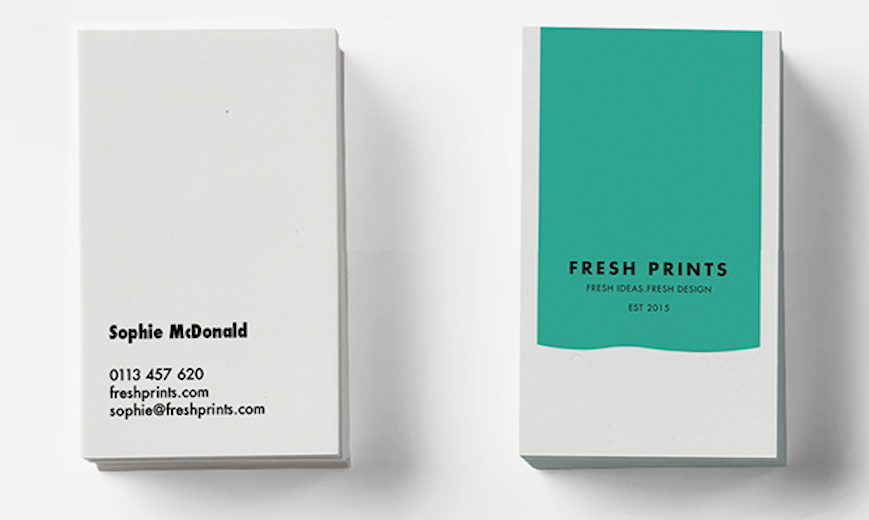Definition:
Co-operative businesses are owned and run by and for their members, whether they are customers, employees or residents. As well as giving members an equal say and share of the profits, co-operatives act together to build a better world.
Co-operatives are a flexible business model. They can be set up in different ways, using different legal structures, depending on what works for the members.
The definition of a co-operative business is that they are owned and run by the members - the people who benefit from the co-operative's services.
Although they carry out all kinds of business, all co-operative businesses have core things in common.
Co-operatives want to trade successfully – they are businesses, not charities, after all.
Co-operatives share their profits
Members, such as farmers or freelancers, tenants or taxi drivers, can often do better by working together. And sharing the profit is a way to keep it fair and make it worthwhile.
Rather than rewarding outside investors, a co-operative shares its profits amongst the members.
Co-operatives are owned by people like you
Co-operatives are a business model that exists to serve its members, whether they are the customers, the employees, or the local community.
The members are the owners, with an equal say in what the co-operative does.
As well as getting the products and services they need, members help shape the decisions their co-operative makes.
Across the UK, co-operatives are owned by more than 15 million people – and these numbers keep on growing.
Co-operatives are a success around the world
This mix of self-help and mutual aid has made co-operative business an international force for good.
100 million people around the world are employed by co-operatives, while nearly 1 billion are members.
http://www.uk.coop/what-co-operative
Some graphic design businesses I found that are co-operative:
http://www.calverts.coop/
http://www.wave.coop/index.html






.gif)
.gif)

.gif)

